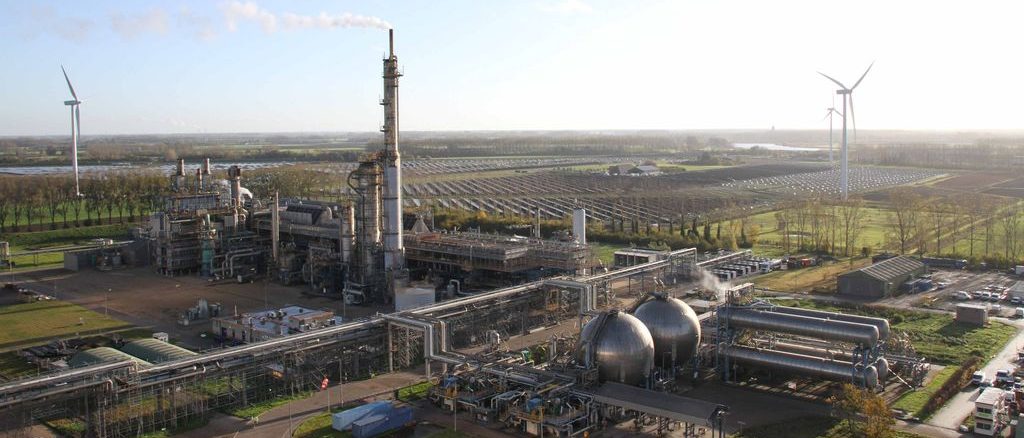
The Yara fertilizer factory in Sluiskil in Zeeland will be the first company in the world to transport CO2 abroad by ship for climate reasons. By 2026, 800,000 tons must be captured and transported to Norway. There, the CO2 is stored in an empty gas field under the North Sea.
Minister Makes Tailor-Made Agreements with Large Companies
Yara is one of the large industrial companies with which outgoing Minister of Economic Affairs Adriaansens makes individual agreements about reducing CO2 emissions.
Reducing Emissions
In total, the fertilizer factory wants to emit 1.5 million tons less CO2 in 2030 compared to the 3.2 million tons in 2020.
The Sluiskil factory now directly emits 1.8 million tons of CO2 annually and another 1.4 million tons indirectly through the products it makes.
Importance of the Investment
Yara Sluiskil is pleased that the Norwegian parent company has decided to invest heavily in the largest fertilizer factory in Europe with the CO2 capture project. Last year, production in Zeeland was temporarily scaled down due to high gas prices in the Netherlands.
The factory in Zeeland already has experience with capturing CO2 in the production process for making fertilizer. Captured and liquefied CO2 is now used, among other things, for the production of carbon dioxide in soft drinks and beer.
CO2 Storage Installation in Norway
The ships carrying liquid CO2 must cross the North Sea via the canal from Ghent to Terneuzen and the Western Scheldt in 2026. Northwest of the Norwegian city of Bergen, in Øygarden, are the facilities of the Northern Lights CO2 storage project. This is where the ships moor.
The CO2 is then pumped via a hundred kilometer long pipeline into an empty gas field under the North Sea. There it is stored at a depth of 2.6 kilometers.
Northern Lights is a project of the British Shell, the French Total Energies and the Norwegian Equinor (formerly Statoil). The Norwegians are the only country in Europe that has twenty years of experience with the storage of CO2 in empty gas fields under the seabed.
Environmental Concerns and the Importance of CCS
The capture and storage of CO2 is known as CCS, the abbreviation of the English Carbon Capture and Storage. Environmental groups criticize CCS because it is an expensive solution that allows companies to continue using fossil fuels. Yet United Nations scientists believe that the use of CCS is inevitable in achieving climate goals.
CO2 Capture in Rotterdam
There is also a plan on the table for capturing CO2 from industry in the port of Rotterdam. Shell, ExxonMobil, Air Liquide, and Air Products are working together with the port authority in the so-called Porthos project. In August the Council of State gave green light for the mega-project, despite objections from environmental groups.
The CO2 in the project must be removed via a pipeline and stored in an empty gas field in the Dutch part of the North Sea.

Be the first to comment